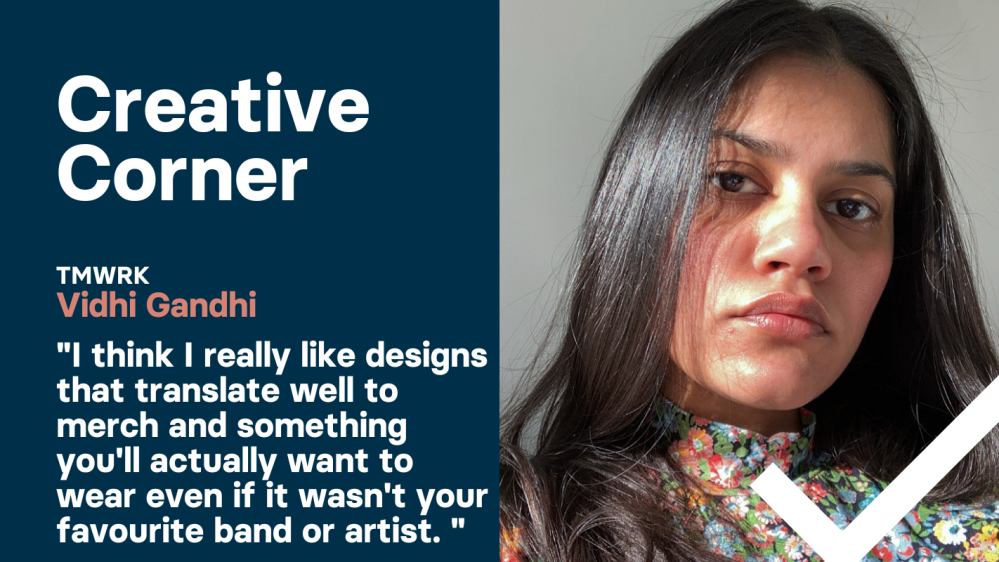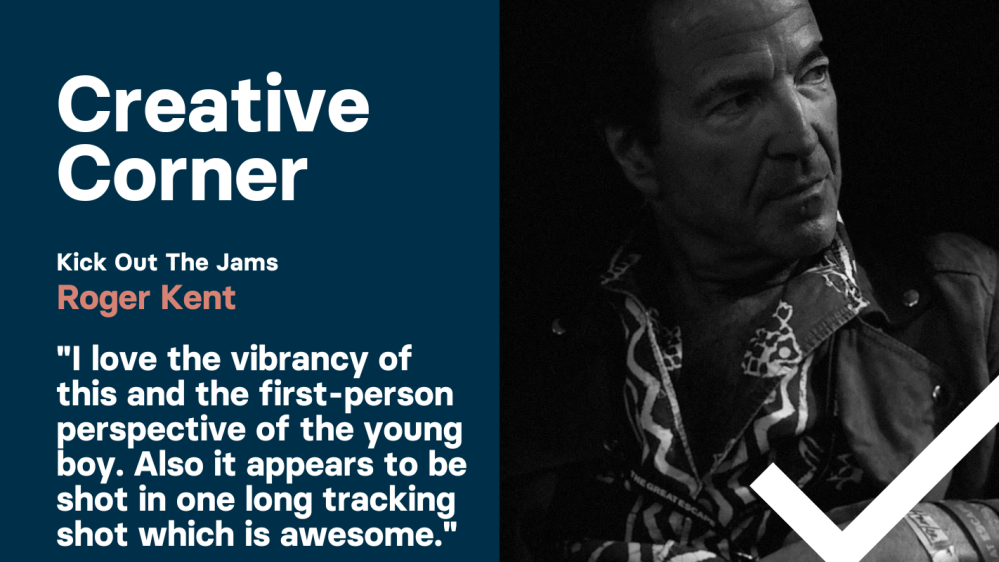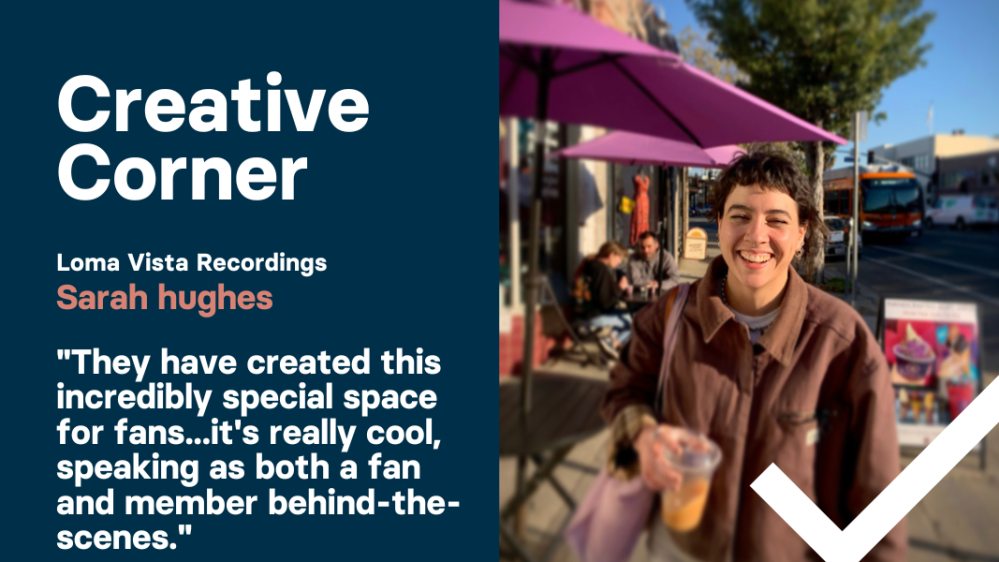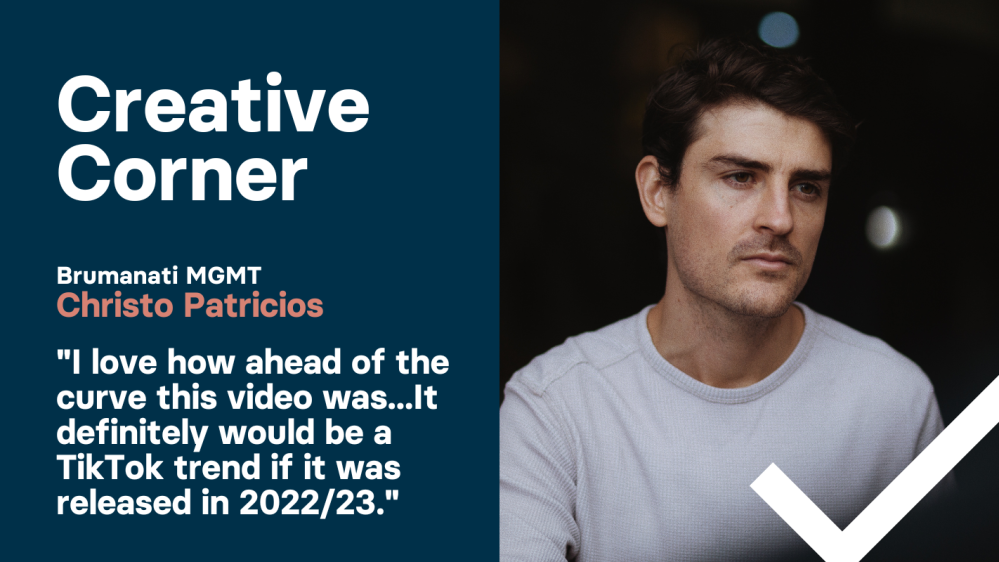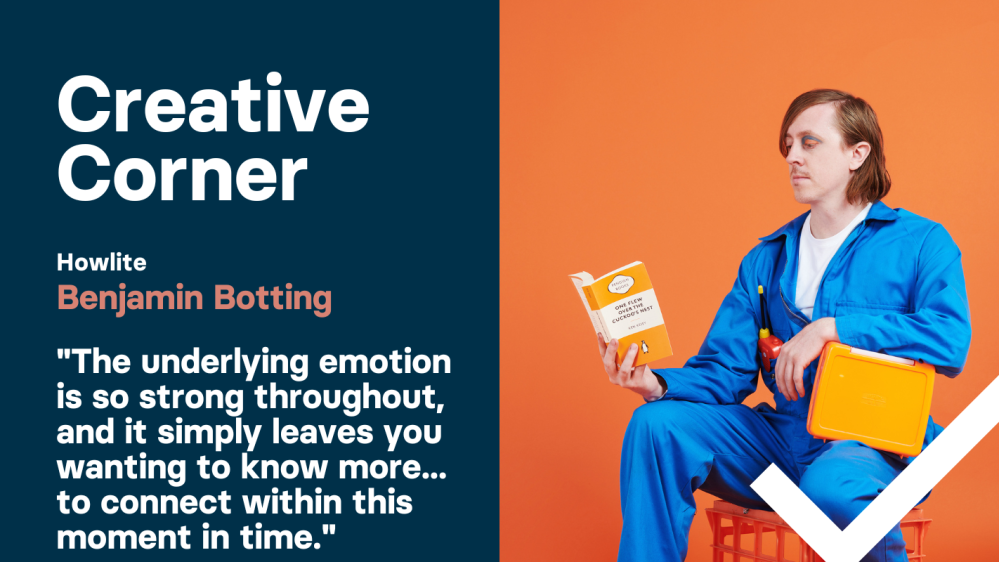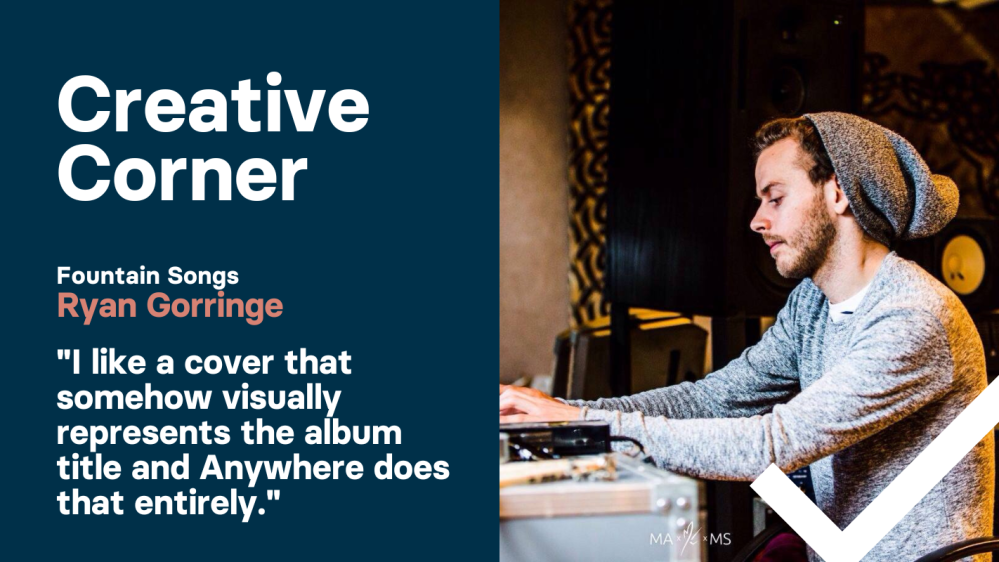
We speak to our partner, Digital Risks, about the types of cover you may want to think about and why.
nsurance. The endless questions and indecipherable jargon. As a freelancer, you’ll need to take business insurance into your own hands and consider whether certain elements of cover are worth having for your financial security and peace of mind. In this article, we speak to our partner, Digital Risks, about the types of cover you may want to think about and why.
What is business insurance and how does it work?
Business insurance is a catch-all term to describe a range of covers you can get to protect the risks your freelance business faces - just like the term ‘home insurance’ includes both contents cover and buildings cover. Covers that sit within the category of ‘business insurance’ include things like public liability, business contents, employers liability, professional indemnity, and so on.
What business covers do creative freelancers need?
This really depends on the type of work you carry out. As a freelancer in the creative industry, the key covers to think about generally are: professional indemnity insurance (including media liability insurance), and business contents insurance. Let’s take a look at what these covers are for.
Professional indemnity insurance
This one is relevant to most freelancers as it covers the professional services that you offer. It includes defence costs related to a claim and compensation if your client suffers a financial loss as a result of your professional services.
Media liability insurance comes in useful if you’ve accidentally used a trademarked image or phrase. This actually happens surprisingly often - and it can be a costly mistake to make. Covering infringement in media content and advertising, including website, blogs and social media, and violation of privacy rights. So, for example, if you were to accidentally use an image or perhaps some music that you didn’t have the rights for, or if you used someone else’s artwork without permission, media liability would cover compensation and legal costs. This cover is automatically included if you select professional indemnity or cyber cover, at no extra cost to you.
A few examples in which professional indemnity insurance would be useful:
- A broken piece of equipment could hold up a job you’re working on, causing a delay for your client and financial loss for them. In this type of scenario, it would be within their rights to make a claim against you for breach of contract.
- You worked on a project two years ago and it’s suddenly come to light that you inadvertently caused a bug in your client’s computer system, which has lost them money. They’re making a claim against you. While most policies will only cover you for contracts worked on after you’ve taken out cover, Digital Risks’ professional indemnity offers unlimited retroactive cover, for cases in which you didn’t know a claim would be made against you. This means that you’d be able to make a claim in this scenario.
Business contents insurance
Like home contents cover, but for your business contents - including expensive photography equipment, laptops, or musical instruments. Digital Risks can also cover you whether you’re based at home, a co-working space, or an office - and for up to 90 days a year worldwide (useful for if you’re travelling for shoots or concerts, for example).
A few examples in which business contents insurance would be useful:
- You’re on your way to a fashion shoot in Spain for a few days. You’ve arrived at your destination. You’re heading to the exit of the busy airport. As you do so, something catches your eye and you turn around. In those few moments, someone steals one of your bags of important photography equipment.
- You’re working at your desk and your unwitting cat suddenly jumps up and knocks hot coffee all over your keyboard - it’s kaput.
- You’re based at a coworking space. You lock your laptop away in its locker only to come in the next day to find that your locker has been broken into. Business contents insurance would cover the cost of a new laptop.
Public liability insurance
This one’s important if you spend time working around people (which is likely if you’re an exhibitor, performer, or photographer, for example). It’s there to protect your business against claims arising from injury or damage from any member of the public. If you’re exhibiting at an art fair or performing at a venue, the organisers will often require that you have this cover in place.
A few examples in which public liability insurance would be useful:
- You’re a videographer working on a music video set. Everything’s a bit chaotic and a performer manages to trip over some of your equipment wires. They break their arm and are no longer able to work while it’s healing.
- You’re vlogging and accidentally step on a passer-by, damaging their brand new £600 shoes. They demand that you pay for a new pair!
- You’re high on life, performing at your favourite pub after a long hiatus. In a moment of extreme enthusiasm, you accidentally chuck the contents of your drinking receptacle on top of the audience, damaging someone’s phone in the process and causing another to slip on the floor.
Is business insurance a legal requirement?
For the most part, no. The only business insurance that is a legal requirement in the UK applies to businesses hiring employees: employers liability insurance. This is mandatory if you have full or part-time employees. In regard to other insurance, you won’t get into legal difficulties for not taking out cover in itself, but you may find yourself in financial trouble in the event of a claim.
Plus you’ll likely find that some business relationships require you to have certain covers. For example, if you’re exhibiting or performing at a venue, you’ll often be required to have your own public liability insurance.
To make your relationship with insurance a more positive one, we’ve partnered with Digital Risks, who have created better insurance for small businesses - and to offer Creative Commission members 10% off business insurance.
Digital Risks offers cover on a monthly basis, so if you need to adjust cover types, levels of cover, or even cancel cover entirely, you can do so. And without worrying about admin fees.



